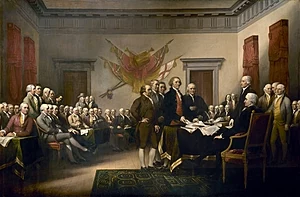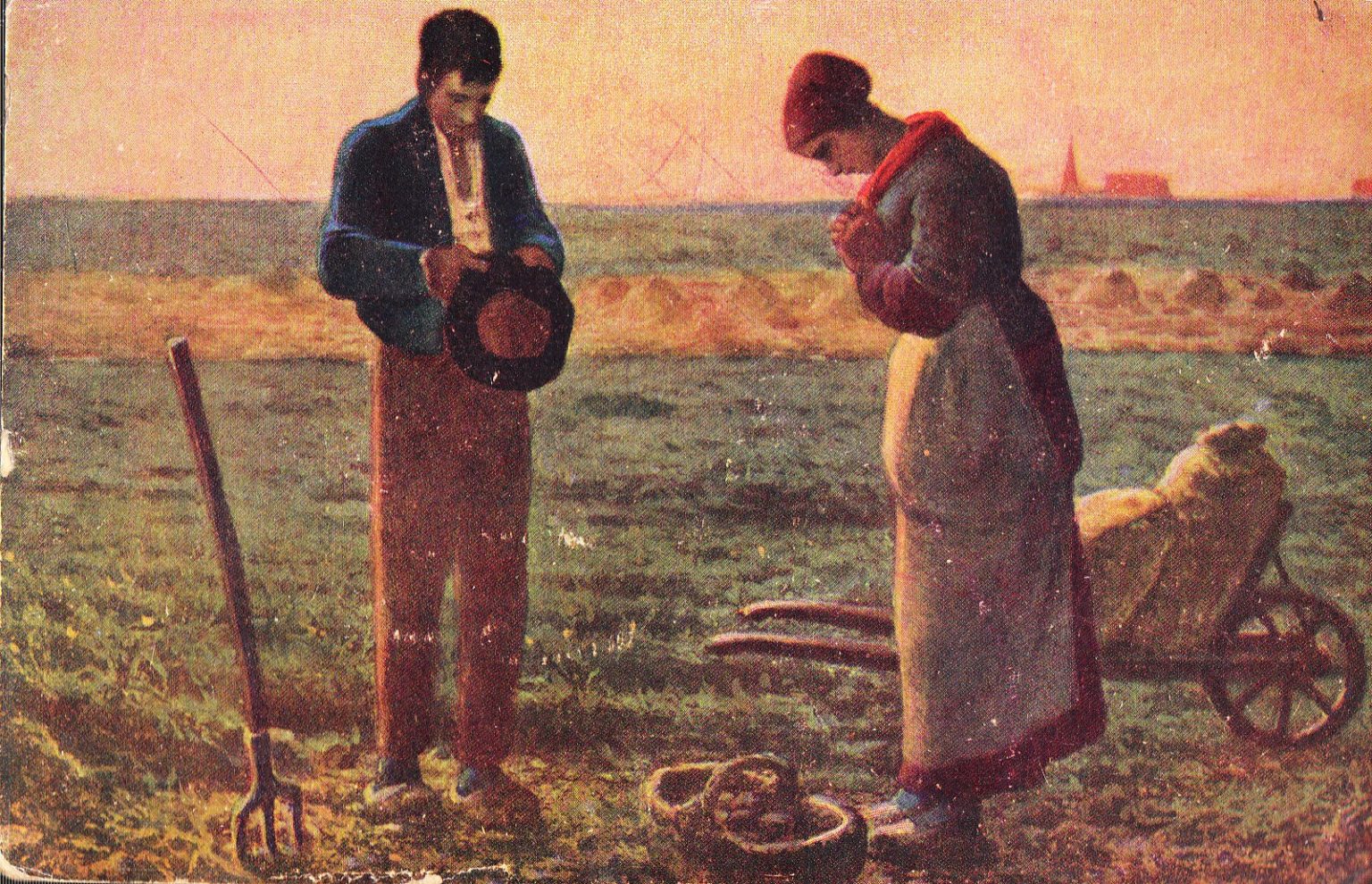No really.
One of my first stories on Donald Trump was in October, 2015, 13 months before he was elected. It was about his roots. I liked his grandfather, Frederick Drumpf, best, for he’d made his start-up money, first in Seattle, then in Alaska during the Gold Rush, providing hotels “with room service” for lonely prospectors. All legal then. Mr Drumpf would have barely been 30 at the time.
After he’d made his stash Grandpa Drumpf went back to Germany and the Palatinate (Protestant Bavaria) to marry and probably settle there. (Only the Trump family know Frederick’s intentions as it’s never been published.) But he was essentially deported since he’d left for America when he was 16, underage, and had not registered for the draft. Kaiser Wilhelm was in charge then, and the German state pretty much a military state, so they deported him, as if he were a draft-dodger.
So they came back to begin a business in building, in New York. Grandfather Drumpf died of the Spanish flu in 1918 just as the pandemic began to spread. And Donald’s father, Fred, then aged 13, joined with his mother to keep the business afloat. They incorporated as E Trump in 1927, after Donald’s dad became a builder in 1923, then a partner in 1927.
Of course, Donald’s father, Fred, gave him his start in business. That much of the Trump history we know. And it’s generally spoken of disapprovingly, as if he’d gotten an unfair leg-up on everyone else. A rich kid making it good with daddy’s help is generally looked down upon in America these days, unless Daddy is in politics, which has become America’s most profitable form of organized crime.
But while what the Trump kids, Donald was fourth of five children, knew of their grandfather is unknown to the general public, his grandmother, Elisabeth, passed away in 1966, when Donald was 21. So I assume there were plenty of stories. But what kind we can’t say. Trump has rarely spoken of them.
That he hasn’t mentioned that a member of his direct family (at the early age of 49) was taken in America’s first pandemic is telling, but that he would know his grandmother into his college days tells us there must have been a relationship there that ran deep, most likely wrapped up in how his grandmother and father felt about the senior Frederick.
But beyond the fact that Donald Trump’s grandfather had died of a pandemic flu as a matter of public record, no one also never mentions Donald Trump’s heritage of being German. Only Dwight Eisenhower could claim German heritage (although Barack Obama has tried to). But Trump is truly second generation German. (His own mother full-blooded Scot.)
Why this is well, interesting in our ethnically-charged environment today, is that much ado was made about John Kennedy’s election marking the first Roman Catholic Irishman to become president. JFK’s being Irish was underplayed, and centered on his being Catholic, for the Catholics in America were almost entirely “recent” emigres, the Irish the first, with their potato famine in the 1850s, followed by millions and Italians and central Europeans (Poles, Slovaks, Hungarians). And they were the ones who filled our steel mills and foundries at the industrial revolution heated up around the turn of the 20th Century.
Those “tool makers” (Carl Sandburg described them best), and later, steel workers, defined the heart and soul of the Democratic Party, enough so by 1896, the Party changed its tag to the “Party of Labor”. In hindsight, many think Karl Marx had a little to do with that name-change and to some extent it was part of the fine print, and it lasted until Barack Obama’s Democratic Party over 100 years later, broke all bonds with the American worker…unless of course they worked in a government office building or taught school.
But in the working-class world I grew up in, you couldn’t go to school that most of the kids’ names ended with an ‘-ini”, “-ski”, or “-ovitch” even a few “-dez’s”. But almost never did you see a steel worker’s name begin with an “O’-”
What distinguished the Irish from all the rest is that they were natural born, according to the times, union organizers. Trouble makers. They were so bad at harassing employers that even small businesses, when they hung a “Help Wanted” sign in their window, would add, “No Irish need apply”.
For three generations the Catholic Church represented these hard-drinking, funny talking factory workers at the low end of the economic scale, and, if in New York, Boston and Chicago, cops. They were the heart and soul of big city politics.
And even as his family arose out of that a generation earlier, John F Kennedy broke that illusion, on the basis of a well-protected image of generational wealth that ran as deep as the Roosevelt’s and Rockefellers, of suave sophistication on top of that wealth, an illusion that could cause the political establishment and the media to welcome the wealthy Irish son, of a Jew-hating anti-semite who liked Adolf Hitler, but got the nod for Ambassador to England anyway because FDR needed the Boston vote, on the father’s side, and on the other side, the daughter of a rum-smuggler from Prohibition days.
Socially, by comparison, Frederick Drumpf’s dalliance with the brothel business in his 20s was hardly a thing to turn and go the other way if I met one of his grandchildren walking down the Boardwalk at Atlantic City (which I did in 1991).
So as much as they don’t like Donald Trump, you now know why.
Still he’s our first German president, and the only president to have lost a direct family member to a viral epidemic.





